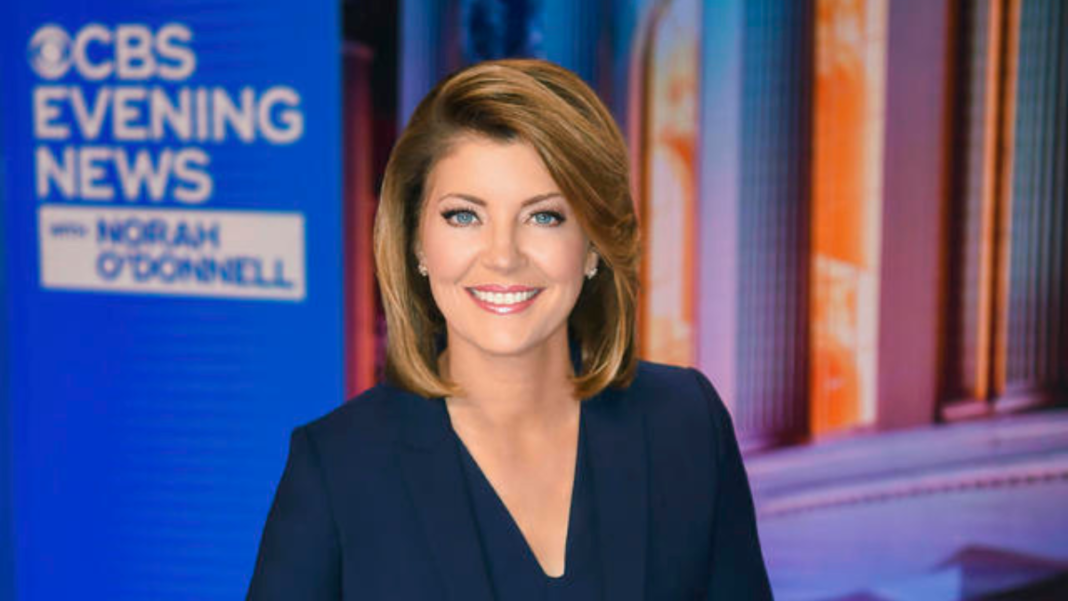There was a time when NBC could just roll out the Olympics and start counting the loot. The athletes were the stars. The locations felt worlds away. If somebody set a record for their event, it was cataclysmic and life-altering.
If you didn’t want to watch anymore, you got up, crossed the room and turned off your set.
So, yeah — it’s been a minute. And as you can tell, Comcast-NBCUniversal understands completely the era of the Games being the game is gone.
We’ve never seen a broadcaster trust the Olympics less – that is, the events themselves. What you’re watching is an NBC-produced show about the Olympics, featuring Olympic events but not necessarily driven by them. Comcast is hoping you’ll get caught up in the Olympic buzz. It’s also telling you that you don’t have to really watch the competition in order to achieve that.
We are given the events, yes. But what we also get is a massive dose of Snoop, Colin Jost surfing, and Leslie Jones and Peyton Manning and Kelly Clarkson. Interviews with some of the key athletes are being conducted by entertainers like Jones and Manning and Call Her Daddy podcaster Alex Cooper, rather than NBC’s usual stable of hosts or analysts.
And social media needs to be dominant in Paris. One reason NBC enlisted 27 creators on TikTok, YouTube, Snapchat, Meta, and Overtime to work the Games.
Why do this? Why not just trust that viewers have always loved and will always watch intense nationalistic competitions like the Olympics?
Well, history. NBC is on a ratings losing streak with the Olympics, and even though there are perfectly good reasons for that, nobody trusts those reasons, either. (Hey, it’s TV. Nobody trusts anything.)
The last two Olympics were pandemic-era nightmares, with mostly empty venues and lots of medical protocols in place. Tokyo also got pushed back a year, which didn’t help. Both locales set records for the lowest broadcast ratings of the Summer and Winter games.
For that matter, an NBC executive told the Hollywood Reporter the last “normal” Olympics may have been London in 2012. Considering the politically disastrous decision to run the 2014 Winter Games in Sochi, Russia, and the reality that the 2016 Rio Olympics were dominated by concerns over the Zika virus. (These Paris games may yet be remembered for another Covid insurgency, but we’ll see.)
That’s a long time between hits, and Comcast execs rightly wondered how to get the attention of the phone-wielding generation that came of age between 2012 and now. One answer is to use the Olympics’ massive scale of programming and diffuse it across NBC’s multiple linear and digital properties, especially its four-year old Peacock streaming service, which in 2024 is airing the entirety of the Games for the first time. But another answer is to bring outside star power to bear.
The early returns featured some big numbers. Through the first three full days of the games, NBCU averaged 34.5 million viewers across all of its linear networks and digital platforms for its primary telecasts. It averaged 28.6 million viewers for Friday’s opening ceremony. Sunday’s work, which featured the first day of competition for Simone Biles and the U.S. women’s gymnastics team, drew 41.5 million, according to custom fast national ratings from Nielsen (for linear broadcasts) and Adobe Analytics (for streaming and digital).
I’d argue the bounce has a lot to do with the fact that people are simply ready to watch again. That stands in stark contrast to 2021 and ‘22, when the world still felt closed off and seeing masked-up Olympic athletes and officials did little to remove us from the place in which we found ourselves. There wasn’t much escapism involved.
Not so in Paris, where beach volleyball is played in the shadow of the Eiffel Tower and beloved landmarks loom in almost every broadcast backdrop. The location alone harkens to days when the Olympics themselves were the dominant athletic competitions of the world. At the same time, by turning over chunks of its broadcast windows to celeb-driven interviews and interactions, NBC is telling you that these Games don’t have to be all about games in order to keep you entertained.
The company loves the Olympics. It just doesn’t trust them, or at least not them alone, to deliver the kinds of numbers it needs. Not sure that’s even a radical notion.

Mark Kreidler is a national award-winning writer whose work has appeared at ESPN, the New York Times, Washington Post, Time, Newsweek and dozens of other publications. He’s also a sports-talk veteran with stops in San Francisco and Sacramento, and the author of three books, including the bestselling “Four Days to Glory.” More of his writing can be found at https://markkreidler.substack.com. He is also reachable on Twitter @MarkKreidler.






